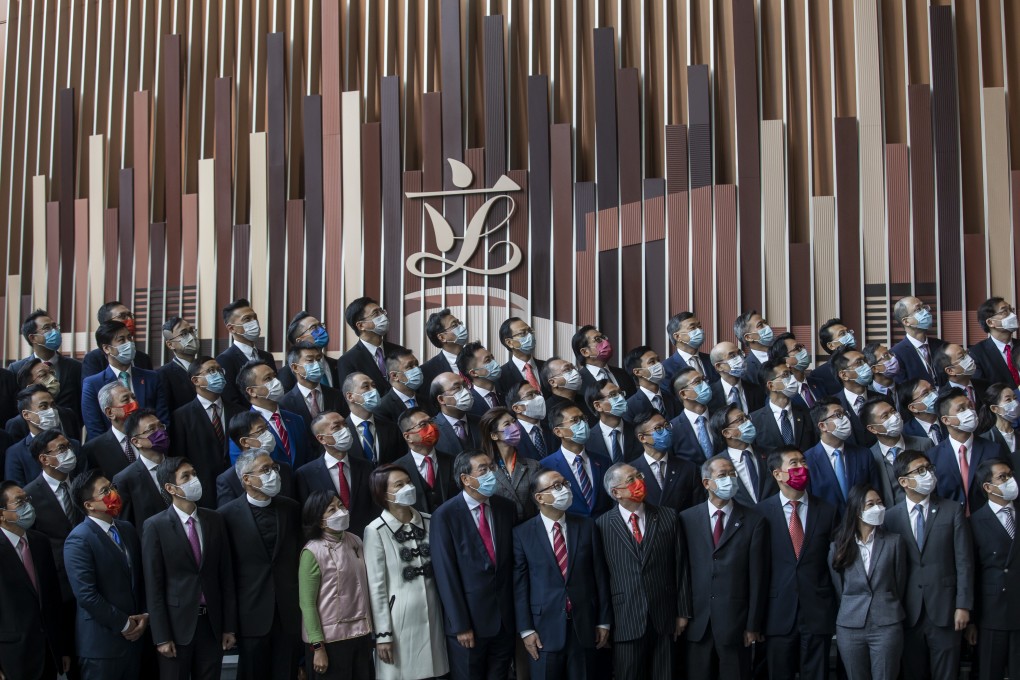Opinion | With patriots in the driving seat, upholding the Basic Law, Hong Kong is pointing in the right direction
- The group of Hongkongers who championed democracy without regard to the Basic Law and the underlying concept of ‘one country, two systems’ cannot be seen as patriots

In a free and liberal society, it is not easy to define who is a “patriot”. For instance, many supporters of former US president Donald Trump, waving the national flag, would say that he was a patriot, striving to “make America great again”. Other citizens, however, claim he is a traitor to the US constitution.
In such a fractured society, it is difficult to find unanimity within the adult population on a subject as amorphous as “patriotism”.
Settled societies do not spring into life perfectly conceived, fully formed. Rather, they emerge from processes which are beset with stops and starts, suffused with failures and regenerations. Hong Kong is no exception.
Twenty five years ago, Hong Kong underwent a major political transformation: from a British Crown colony where the governor, appointed from London, ruled supreme, to a special administrative region of China with a high degree of autonomy, under the principle of Hong Kong people governing Hong Kong. Inevitably, such a transformation had enormous consequences for society as a whole.

One such consequence was the emergence of people who claimed to be leaders of a movement towards greater democracy. For a time, many people in Hong Kong believed in their credentials. Some of those leaders were members of the Legislative Council, holding high office in the eyes of the community.
Each of them, before taking their seat, had sworn to uphold the Basic Law. They could not have been ignorant of the provisions of Articles 45(2) and 68(2) of the Basic Law, which state that the development of representative government leading to universal suffrage should follow the principle of “gradual and orderly progress”.

